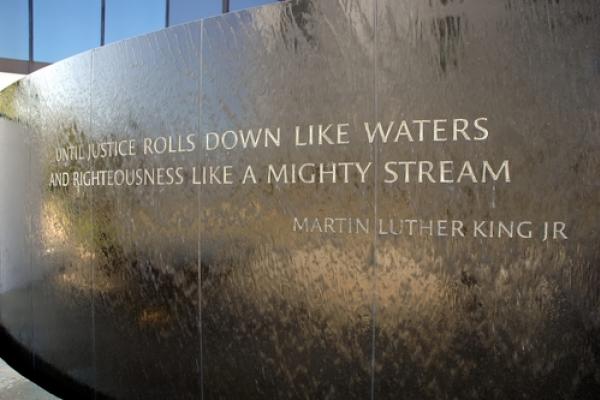I was born in 1969 and thus am in the first generation of African-Americans to grow up with laws and policies that say to the rest of America that I am equal. I saw housing opportunities open up for me as my parents “broke the block” and became the first African-Americans to move onto an all-white block in the East Mt. Airy section of Philadelphia in 1970. I saw educational opportunities open up such that I was able to attend a nearly all-white private, college-prep high school in the suburbs. This was the fruit of the Civil Rights movement in my life growing up in the 1970s and 80s.
Soon hundreds of thousands will gather on the National Mall to commemorate the 50th anniversary of the March on Washington for Jobs and Freedom where the Rev. Dr. Martin Luther King gave his iconic “I Have a Dream” speech. That speech lived on for me in classrooms and in speech competitions and was etched on my heart so that I would carry that dream into the future.
The recent decisions by the U.S. Supreme Court to gut the enforcement section of the 1965 Voting Rights Act and the decision of the jury in the George Zimmerman trial have left me wondering about the dream, worried that it is under attack and worries that professed Christians are among those helping lead those attacks.
Read the Full Article

